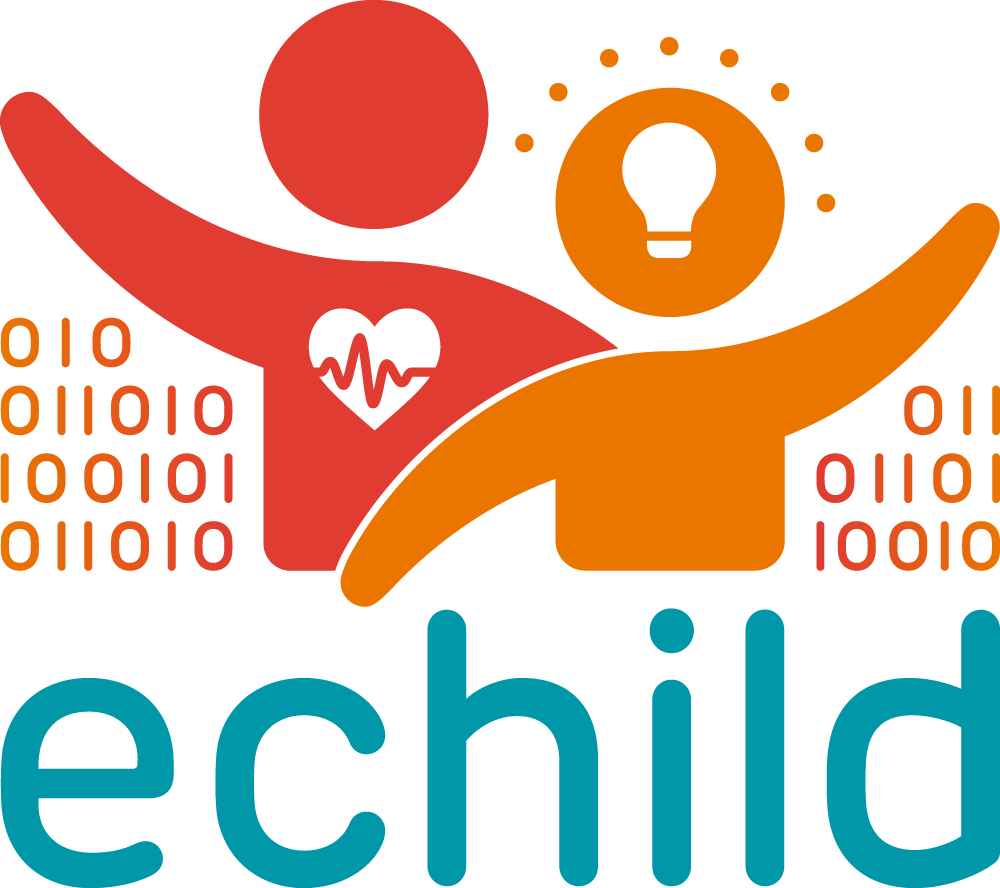Blog - Linking data to improve outcomes for neurodivergent young people by Justin Yang
A new blog by ADR UK ECHILD Research Fellow Dr Justin Yang explores the risks neurodivergent pupils face in secondary school, and how linked data can help identify opportunities for earlier, more effective support.
Each year, numerous neurodivergent young people (who might be autistic, have ADHD, or face other learning differences), enter an important stage of life. Exam stress rises, friends shift, and support systems struggle to keep up.
The numbers are stark: neurodivergent pupils are more likely to miss lessons due to poor health, to self-harm, or to be formally excluded or taught outside mainstream classrooms. Each missed lesson, hospital visit, or exclusion hearing is a warning sign. However, we’ve lacked the joined-up evidence to understanding why and how these warning lights flash for some pupils and not others – until now.
The research plan
Justin’s fellowship will look at four important questions to help understand the experiences of neurodivergent pupils in secondary school at Key Stage 4 (KS4):
· How often do neurodivergent pupils in Key Stage 4 face absences for medical reasons or show hospital-presenting signs of self-harm or suicide? Are there personal or clinical factors that heighten or lessen risk?
· Which neurodivergent pupils end up excluded or moved to alternative provision, and what health-related events precede these decisions?
· Do different levels of special educational needs support - ranging from mainstream schooling with extra help, to specialist units, to separate schools - change the odds of positive outcomes among neurodivergent pupils?
· To what extent does the “postcode lottery” exist for adverse events, and what might that tell us about local services and differences?
To answer these questions and others, Justin will use data from the Education and Child Health Insights from Linked Data (ECHILD) dataset for all pupils in Key Stage 4 from 2015-2020. This anonymised, highly secure dataset links every state pupil’s school record to their hospital records.
For the first time, using this linked data, we can relate how a hospital visit on a Monday might connect to a long absence on Tuesday or the rest of the week, or how switching to a special school might affect self-harm a year later.
By connecting the dots between education and health, we can spot gaps sooner, act smarter, and build a fairer future for every child who thinks and learns differently.
Read Justin’s full Blog in the ADR UK website: Linking data to improve outcomes for neurodivergent young people - ADR UK
